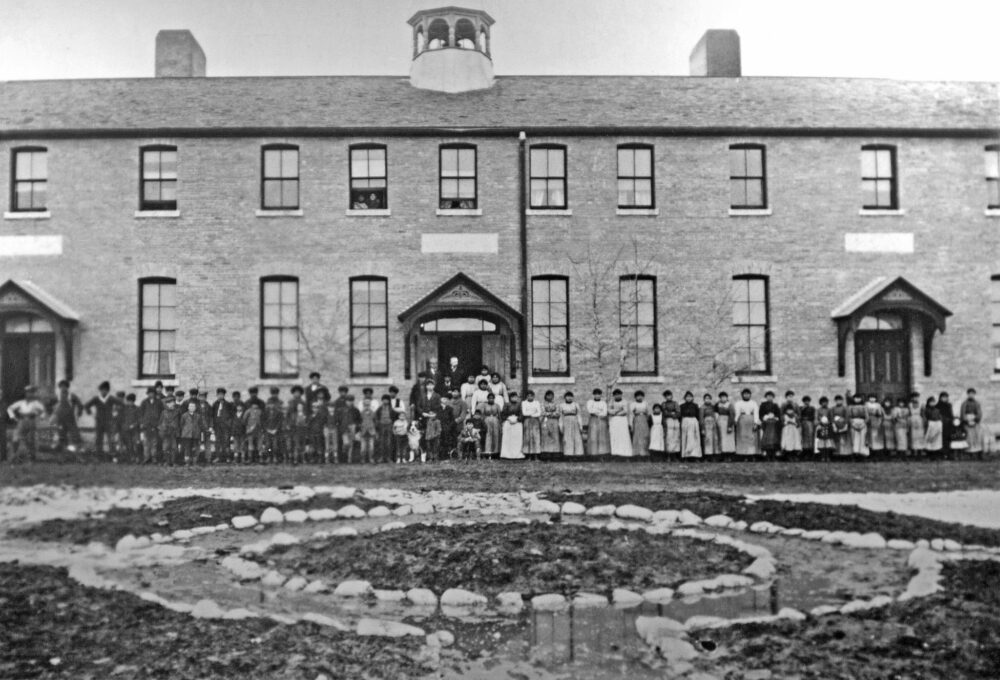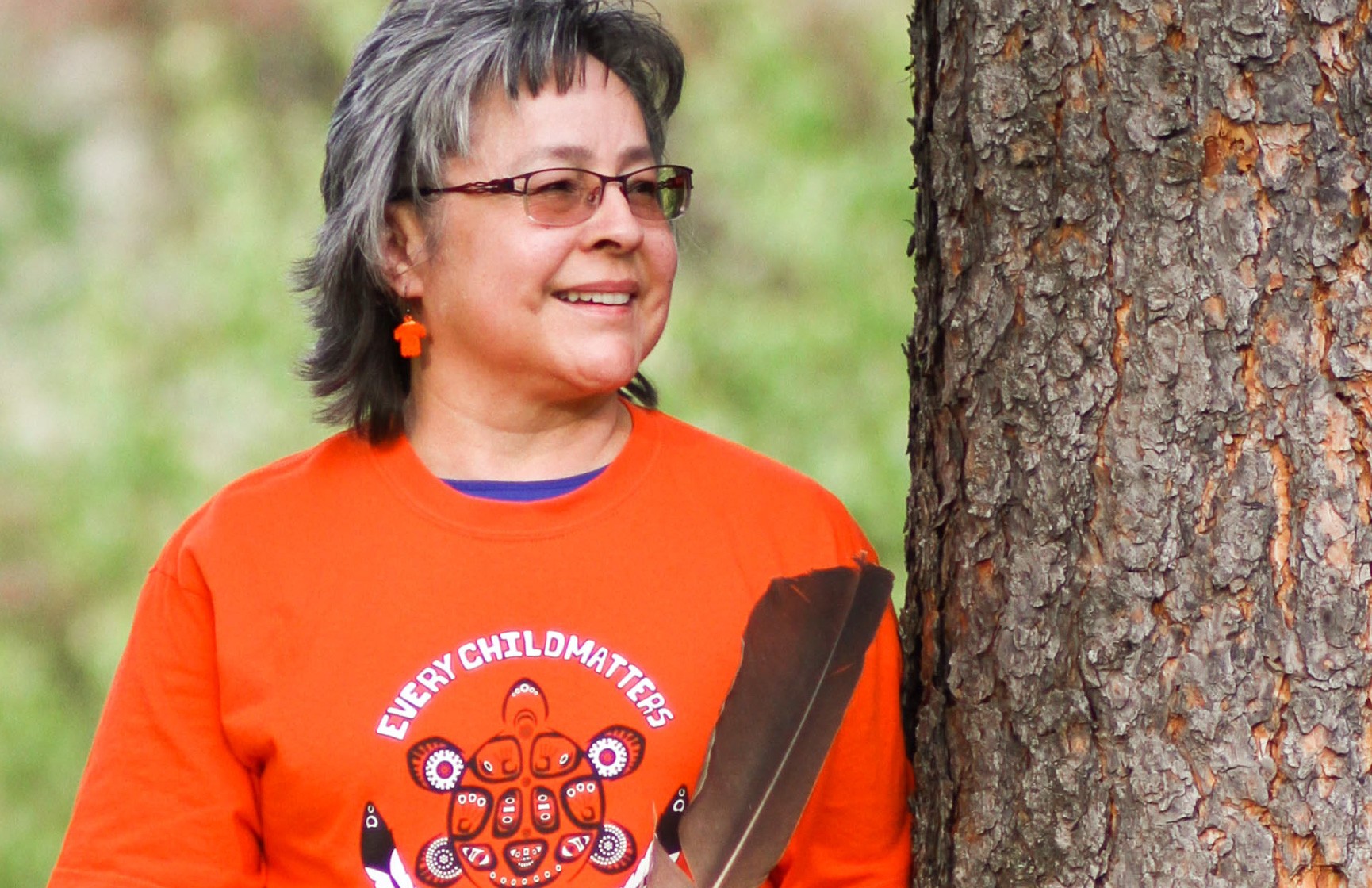Week 2: How can I help?

When I read about inequality, I think about real life situations I have encountered in the world whether it’s been me personally, my family, my circle of friends, colleagues, civic figures, politicians and maybe even celebrities.
As I undertook the self-assessment of my skills and goals for the KIPP discussions, while also reflecting on everything I have read so far, I started to think more about how my lived and observed experiences in the real world have shaped a lot of the skills I possess. My identity has been formed through my experiences growing up (0-18 / journey towards adulthood) and growing out (maturing as an adult).
I feel like what we are studying has so much to do with how we relate to each other as humans. I think we can agree that the “social order” works well for some groups and individuals and not very well for others. Is it due to the way we have structured our society? Our focus on capitalism? Our political systems? Racism? Who I am as an individual or my identity as a woman or a mother? Lots of deep introspective thoughts this week and seeing the next two years of study as its own journey that will really shape the rest of my life. In this next phase I am thinking of shared growth – I really want to effect deep social change in the world and find a way to convince people that we have a shared responsibility to address inequity.
On my mind and something I care deeply about is Indigenous rights and how Indigenous peoples have been impacted by colonization:
Coming up on Friday September 30th in Canada is the National Day for Truth and Reconciliation. Some people refer to it as “Orange Shirt Day” and its origins have to do with the terrible history of Indian Residential Schools in Canada. These schools directly contributed to the genocide of Indigenous peoples in Canada by removing them from their families and communities and banning their culture – from language and dress to hair style and ceremony – it was basically illegal to be an “Indian” and the goal was to assimilate everyone into the colonizer’s society. One of the things that was done when children arrived at the schools was to take away all their clothing and cut their hair. A girl named Phyllis had her favorite orange shirt ripped from her.
Please note I am using the word “Indian” here as it was part of the title of the institutions and was the term used at that time (and actually still in some current legislation in Canada – ie The Indian Act. When referring to “Indigenous peoples” in Canada I have learned that I should use less generic identifiers such as their actual First Nation – in their traditional language, or the name of their Métis or Inuit community. Phyllis Webstad is Northern Secwpemc (Shuswap) from the Stswecem’c Xgat’tem First Nation (Canoe Creek Indian Band).

Phyllis Webstad [ALT: A adult woman stand near the trunk of a spruce tree wear an orange tshirt with the phrase Every Child Matters. The woman has grey and black hair and glasses and is looking into the distance smiling while holding an eagle feather]
When I read and listen to the stories about Indian Residential Schools, I am overcome thinking about the intergenerational trauma that has really impacted the way Indigenous peoples in Canada live now. In some families, multiple generations were raised away from their homes and traditions, abused, starved, even murdered, and also lead to believe they were nothing and unworthy of love or a place in the world. Languages were lost (some are now extinct), people died, whole generations were impacted. Many people who survived the schools then lived with addiction, trauma, and mental health issues and of course daily encounters with racism and sometimes the police. (It’s worth noting that the storied RCMP in Canada were actually created to oppress Indigenous peoples – they enforced the taking of lands, then rules about cultural bans, and even helped to kidnap children to take them to the schools). So many racist stereotypes prevailed where I grew up. Some other survivors have gone through a tremendous healing process, eventually gone on to foster many children, and are constantly working to improve the lives of the youth in their communities in so many ways. Many are rediscovering their own lost languages and traditions from remaining Elders. Ceremonies and traditions are shared openly and can be experienced by settlers like me.
Think about if you lost your formative years from 0-18 to abuse and trauma and your identity was stripped from you. I don’t know that I would be here blogging for my graduate program except for the fact that the society I live in provides me with privilege (ie support) mostly because I am white and middle-class. I think my project has to answer these questions for me – How can I use my own privilege to help those who do not enjoy this same privilege? What am I willing to give up so someone else can have more? How can I influence other people’s opinions enough to change the course of public policy?




Darcie, I’m so inspired by your optimism and energy toward your (and I hope our shared) “mission of to convince people that we have a shared responsibility to address inequity.” Your tone resonates with where I am in personal development, which I have to say comes as a surprise for me as I approach 50. I am hopeful for us (us being all of us) as I see we are finally acknowledging so many transgressions of the past, such as the treatment and cultural rape of indigenous people. My mom told me the other day that she (having grown up within hours of Japanese incarceration center) was in her 50’s before she even knew such a thing existed. When she told me this, I realized I had learned about these events in school about 20 years before her and a decade before I had even the possibility of political power (via vote) to make a change in society. Therefore, it’s an ethical requirement for those in power to continuously educate themselves on both what happened in the past and how we can contribute to a better future.
Thanks for your powerful comments Janel – learning about and acknowledging the wrongs of the past is important (this is the “Truth” part of the Truth and Reconciliation Commission’s (TRC) work in Canada). The chair of the TRC commission often shared that they didn’t want to call the outcomes of their report ‘recommendations’ but decided something stronger was required, so at the end of the TRC report you can find the Calls to Action. I take those to heart and believe that universally we have a collective call to action. I am so looking forward to changing the world with you and our other classmates!
I love your post Darcie! A core reflection for me is that our decisions matter and no matter how small or insignificant we may think we are, what we decide to do or not to do, makes a difference to our world today, tomorrow and forever. The issue of inequality is definitely a collective one, and one that we can only tackle as a society. I believe we have begun moving in the right direction but I still hear this question of ‘where to start’ holding many people back. The history you shared about the origins of Orange Shirt Day reminds me of a recent conversation I had with a neighbour when I first arrived in the States. They were telling me about how many Hawaiians no longer want people to visit Hawaii because of the impact tourism is having on indigenous populations. It seems as though in many ways we are repeating historical events in new contexts 🙁
Thanks Maryam for your comments – thinking collectively is so important. I find at least where I am living there is definitely a me first mentality which has only worsened with the economic impacts from COVID. Add to that the fact that my province’s economy is so heavily connected to the price of oil and there is not much collective will to address issues like climate change, even though small things could start to have an impact if everyone contributed. I have actually made a commitment not to travel to Hawai’i anymore unless invited. I have been there once and noticed many parallels between the impacts of colonization on Indigenous Hawai’ians and Indigenous peoples in Canada. Tourists may not realize but there are places in Hawaii where Indigenous peoples still try to practice traditional hunting and gathering and have many sacred sites where ceremony occurred. As well, there is a history of taking of lands by settlers from hereditary chiefs and families whose families lived there for generations before colonization. I know on the island of Moloka’i the people fought development of wind farms and large corporations exploiting their island – although it caused economic hardship and job loss the people there stood up for what they valued.